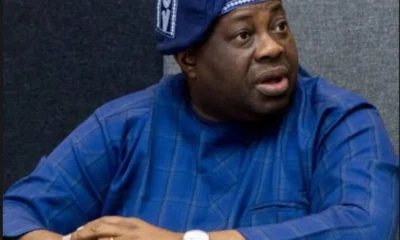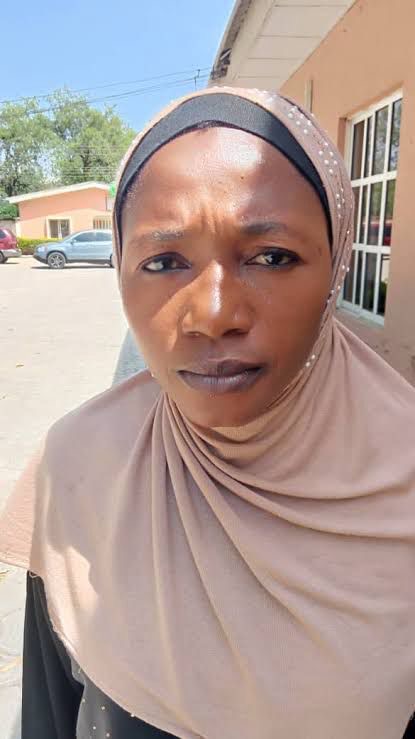Special Feature
Journalism practice, patriot and what it is today, by Omoniyi P. Ibietan
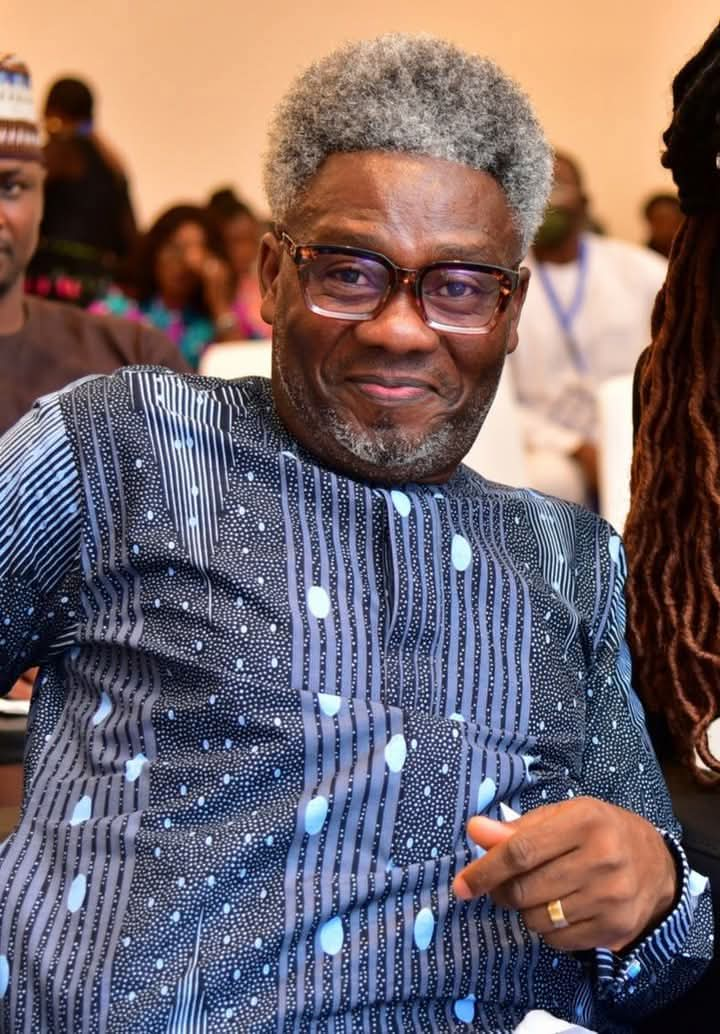
Any professional journalist and/or patriot should be concerned and saddened by what’s happened to journalism in our clime. I had the honour to be trained as a journalist, to practice and to teach the subject.
Therefore, I believe the best of journalism is the strand that focuses on serving the society, what Dapo Olorunyomi called journalism of social relevance.
Fundamentally, journalism informs, educates and illuminates the social fabric to offer informed narratives that citizens require to engage the social processes, and to strengthen democracy and governance through agenda setting offerings that enabled the people to hold their leaders accountable. It is the reason journalism is seen as an enabler of democracy. So, education is central to the ability of the journalist to function optimally.
In other words, my thesis, which took life from the reasoning of Walter Lippmann as he documented in his classic, PUBLIC OPINION (1922) is that the crisis of good public opinion and democracy can be linked to the crisis of journalism.
So, by my reckoning, the crisis of society is linked to the crisis of journalism if the latter is unable to discharged its social burden to enable citizens to have informed opinion to aggregate there concerns about the social order. So, last year, I told a body of journalism practitioners that the crisis of the society we live in is a crisis of democracy and the crisis of democracy is partly a crisis of journalism.
I had told my brothers, Simbo Olorunfemi Emmanuel Ogbeche and Temitope Ajayi and many others that we need to organise afresh on cognition, ethics and special literacy to remind every practitioner of the central reasons for journalism’s being and why ethics, professionalism and social relevance should be the focus.
The reason is simply. A poorly educated journalist can not offer a good service. A journalist who does not comply with ethics of the profession and doesn’t appreciate the centrality of good journalism to social progress has no business being a journalist. So, journalism is not an ‘all-comers’ affair. If you are a professor and you want to practice journalism, you must go to a good journalism school and swear to an oath to abide by the ethics, the way medics sign up to the Hippocratic Oath.
Just before I stop, let me assert that blogging is not journalism, and citizen journalism is not professional journalism except the so-called actors in that space have been certified educationally and professionally. Otherwise, these latter categories are people “who joined but dey no follow” to use Omawumi’s language on the ‘Nigerian Idol’. And all these people “wey join but no follow”, should stop desecrating good journalism and those who ‘joined and follow’ should sit up or leave.
It’s usually more painful when those who should know better are defending absurdities. Many of those who came into journalism from non-communication scholarship, usually history, literature, political science etc, and who flourished, especially in the days of interpretive journalism and social activism, are trained in the journalistic tradition. They knew the rules, the ethics, etc, not what some impostors are doing today. I referred to the magazine tradition, African Guardian, NewsWeek, This Week, African Concord, Tell, TheNews, etc. They were not impostors. They had immersion in journalism and knew the rules through further training and upskilling. So, when people refer to Reuben Abati, Segun Adeniyi, and those who did not study mass communication, they miss the point. That’s not the issue. Those people already had sufficient writing skills, and they learned journalism one way or the other and adapted their writing skills to journalistic tenets, and that’s why they succeeded.
I mean, those who have problems with our arguments should study Prof. Victor S. Navasky’s life of scholarship and journalistic practice. No one can be called a journalist without sufficient immersion or certification in the art and science of journalism. It’s like public relations, advertising, or other communication arts. You can need some mandatory continuing professional development and continuous practice to call a PR practitioner or advertising practitioner.
You can’t be called a professional without certification or some recognised form of immersion. I mean, there must be mastery for you to be called a professional, and the mastery doesn’t fall from Heaven. NO! It is earned through engagement with a body of knowledge of the field and compliance with the ethics. Otherwise, your output will not be professional. I mean, can anyone just go into the theatre with a scalpel to handle a surgical procedure. I hope we will come together to salvage journalism in Nigeria. Otherwise, the contribution and promise of journalism to social progress will never materialise.
(A TURNING POINT. Until this point I was having an objective conversation with my brother, Emeka, and others on his call, then a contrarian joined the thread because he was miffed by my reference to journalism as a profession and comparing it with other professions. I recall my Interlocution with him from here).
MY FIRST RESPONSE: Thank you. Do you have concerns about the comparison? I mean, we read stories of quacks practising medicine and causing deaths of people. An impostor journalist can wreck havoc too, something very devastating. That’s the context. Except, of course, we want to trivialise journalism that it is incomparable to medicine, and by my reckoning journalism is as essential to society as medicine. In fact, good journalism can make people need less of doctors and medicines, and I speak to the role of education and entertainment.
MY SECOND RESPONSE: That’s not correct. The press is the only social institution recognised by the Constitution. Check section 22. Look around the world democracies and check their constitutions, the grundnorm of body of law, there’s a provision for journalism or the press to play one role or the other in strengthening democracy and the society. This is the reason the press is called the Fourth Estate of the Realm, meaning it is next arm of government or social agency after the Executive, the Legislature, and the Judiciary. No other profession enjoys such recognition. Without journalism democracy is dead and buried. So, you are not correct in your characterisation of journalism, and it is journalism that provides the epistemological, doctrinal, and ethical foundation for the press.
Let me tell you something, my brother. Journalism is one of the reasons Nigeria has not disintegrated and continues to be respected in the global arena.
The first basis for my submission is the struggle for independence. Can you see that without the Nigerian press, independence wouldn’t come that early for Nigeria? The importance of journalism is the reason many of the politicians in the First Republic trained as journalists or had newspapers or magazines. Remember Herbert Macaulay, Nnamdi Azikiwe, Obafemi Awolowo, Anthony Enahoro… Awolowo’s Nigerian Tribune is still published till today. The press in the First Republic was such a problem to the colonialists that the Lord once described the press in Lagos as ‘scurrilous’
Secondly, it was journalism, I mean, the press, that helped to speed up the process of reconciliation in Nigeria after the civil war that devastated our polity. The post-war messages of reconciliation, rehabilitation, and all that were propagated by the press more than any agency of our civilisation.
Third, after the annulment of the June 12 election in 1993, the press’ condemnation of the annulment and alignment of the media with progressive forces and as outlets for voices of resistance helped to sustain the struggle against the annulment and ultimately central to the collapse of militarism and authoritarianism, and then the return to civil rule.
I have used three critical instances and junctures in Nigeria’s history to demonstrate the importance of journalism and by implication the press and the inherent relevance to our nation and by extension all societies. Remember Thomas Jefferson’s popular saying that he would rather choose the press without a government than choose to have a government without the press.
So, we just need to reorganize afresh and promote journalism of social relevance through upskilling, better remuneration and robust social insurance for practitioners so people can give their best in a manner that helps our society to really grow.
MY THIRD RESPONSE: I am not doing an advocacy. I don’t need to do so. Journalism is a profession. It stands to reason. I am surprised at the reasoning here. Journalism is constitutive of philosophy, which was the only subject in epistemology until knowledge was “unbundled” to specifics. There was nothing called engineering, medicine, law, etc. as separate disciplines until philosophy was ‘unbundled’ and journalism like others branched out.
For anyone to come to the public space to argue that journalism is not a profession is the most ridiculous submission I have seen in any educated narration. What makes a profession? A body of knowledge. A body of ethics. A process of certification. Those are the irreducible standard templates, and journalism fulfils those and much more. Since 59 BC, when Julius Caesar began to publish ACTA DIURNA (Daily News), journalism became established as a profession and flourished unceasingly with Johann Gutenberg invention of the Printing Press in the mid 15th century. As journalism got rooted as an institutional fact of society, its role became more defining and became a constitutional item of liberal democracy, hence the birth of ethics to guide the action of practitioners. There are journalism schools all over the world. I was trained in one of those established by the Soviets. So, I am certified as a journalist having trained and practised. So, I am rankled, and I find it really had to process the fact that I have to write a long piece to convince you that journalism is a profession.
Please, I don’t want want to sound insolent. So, I am going to stop here.
Omoniyi P. Ibietan
-
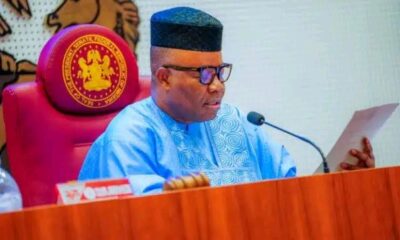
 Politics2 days ago
Politics2 days agoRivers’ emergency rule: NADECO writes Trump, demands visa ban on Akpabio, Abbas, Iba
-
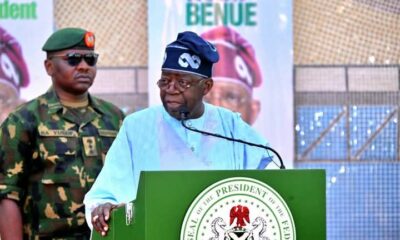
 National News2 days ago
National News2 days agoTension as man attempts to breach Tinubu’s security during public speech
-
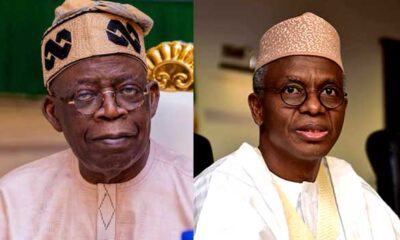
 Politics2 days ago
Politics2 days agoWhy Tinubu can’t win 2027 election – El-Rufai
-

 Metro News2 days ago
Metro News2 days agoKaduna youths vandalize Tinubu, Uba Sani billboards after presidential visit
-
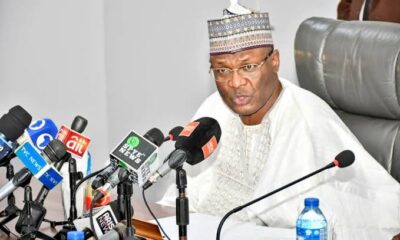
 Crime and Law2 days ago
Crime and Law2 days agoCourt orders service of contempt charge on INEC chairman
-
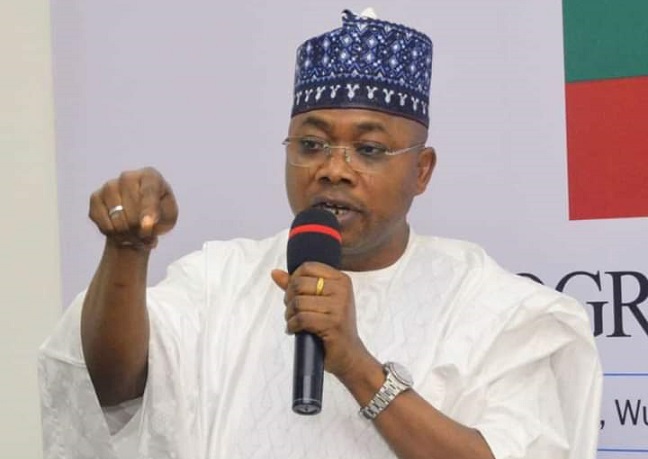
 National News2 days ago
National News2 days agoTinubu governing Nigeria with expertise, not by try and error – Ganduje, Ododo
-
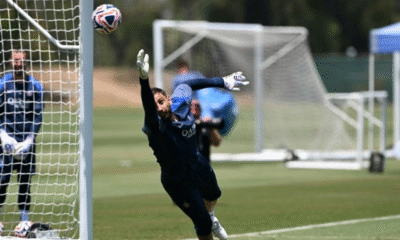
 Sports2 days ago
Sports2 days agoClub World Cup: PSG hungry for more success – Donnarumma
-
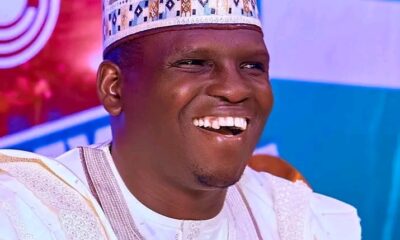
 Entertainment2 days ago
Entertainment2 days agoTinubu’s supporter writes Wike to name road after musician Rarara

